World News
-
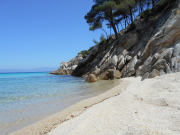 Greece smashes tourism revenue record as visitor spending and winter travel surge
Greece has posted a new all-time record in tourism revenue, confirming its status as one of the world’s most resilient and attractive travel destinations in theRead More...
Greece smashes tourism revenue record as visitor spending and winter travel surge
Greece has posted a new all-time record in tourism revenue, confirming its status as one of the world’s most resilient and attractive travel destinations in theRead More... -
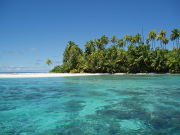 UK denies pause in Chagos Islands deal as US concerns resurface over Diego Garcia
Britain has moved quickly to clarify its position on the future of the Chagos Islands after mixed messages from the government suggested the ratification of a controversial sovereignty deal hadRead More...
UK denies pause in Chagos Islands deal as US concerns resurface over Diego Garcia
Britain has moved quickly to clarify its position on the future of the Chagos Islands after mixed messages from the government suggested the ratification of a controversial sovereignty deal hadRead More... -
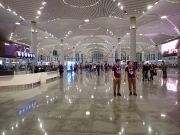 Istanbul set to overtake Heathrow as Europe’s busiest airport, CEO warns
Istanbul is poised to eclipse London as Europe’s busiest aviation hub as early as this year or next, according to the chief executive of Heathrow Airport, adding fresh urgency to long-delayedRead More...
Istanbul set to overtake Heathrow as Europe’s busiest airport, CEO warns
Istanbul is poised to eclipse London as Europe’s busiest aviation hub as early as this year or next, according to the chief executive of Heathrow Airport, adding fresh urgency to long-delayedRead More... -
 Pope Leo sets sights on Monaco, Africa, and Spain for first overseas trips of 2026
Pope Leo is preparing to take to the international stage in 2026, with the Vatican confirming a series of overseas visits that will span Europe and Africa in the first half of the year.Read More...
Pope Leo sets sights on Monaco, Africa, and Spain for first overseas trips of 2026
Pope Leo is preparing to take to the international stage in 2026, with the Vatican confirming a series of overseas visits that will span Europe and Africa in the first half of the year.Read More... -
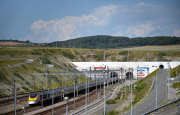 UK–Europe rail freight revival: £15m barking Eurohub deal set to restart Channel Tunnel cargo trains
Regular rail freight services through the Channel Tunnel are set to make a long-awaited comeback after a landmark, government-backed deal aimed atRead More...
UK–Europe rail freight revival: £15m barking Eurohub deal set to restart Channel Tunnel cargo trains
Regular rail freight services through the Channel Tunnel are set to make a long-awaited comeback after a landmark, government-backed deal aimed atRead More...

Culture
-
 Emery Walker revealed: new exhibition explores the man behind the arts and crafts legend
A new exhibition opening this spring at Emery Walker’s House sets out to restore depth, warmth, and personality to one of Britain’s most influential yetRead More...
Emery Walker revealed: new exhibition explores the man behind the arts and crafts legend
A new exhibition opening this spring at Emery Walker’s House sets out to restore depth, warmth, and personality to one of Britain’s most influential yetRead More... -
 London confirms St Patrick’s Day 2026 parade and Trafalgar Square festival
London will turn green once again next spring after the Mayor confirmed the capital’s St Patrick’s Day celebrations will take place on Sunday 15 March 2026, with aRead More...
London confirms St Patrick’s Day 2026 parade and Trafalgar Square festival
London will turn green once again next spring after the Mayor confirmed the capital’s St Patrick’s Day celebrations will take place on Sunday 15 March 2026, with aRead More... -
 Masterpieces beyond the Museum: National Gallery brings life-size art to communities ccross the UK
World-famous paintings from the National Gallery are stepping out of Trafalgar Square and into everyday life, as part of a major touring project that will seeRead More...
Masterpieces beyond the Museum: National Gallery brings life-size art to communities ccross the UK
World-famous paintings from the National Gallery are stepping out of Trafalgar Square and into everyday life, as part of a major touring project that will seeRead More... -
 Award-winning Polish writer Mariusz Szczygieł brings ‘Not There’ essay collection on UK tour
Polish writer Mariusz Szczygieł, one of Central Europe’s most acclaimed literary reporters, will tour the UK later this month with a series of public events marking the English-language release...Read More...
Award-winning Polish writer Mariusz Szczygieł brings ‘Not There’ essay collection on UK tour
Polish writer Mariusz Szczygieł, one of Central Europe’s most acclaimed literary reporters, will tour the UK later this month with a series of public events marking the English-language release...Read More... -
 Professor Dame Carol Black GBE reappointed as Chair of the British Library for 2026–2027
The UK Secretary of State has confirmed the extension of Professor Dame Carol Black GBE as Chair of the British Library, continuing her leadership from 1 September 2026 to 31 August 2027.Read More...
Professor Dame Carol Black GBE reappointed as Chair of the British Library for 2026–2027
The UK Secretary of State has confirmed the extension of Professor Dame Carol Black GBE as Chair of the British Library, continuing her leadership from 1 September 2026 to 31 August 2027.Read More... -
 Climate, community and care: Soma Surovi Jannat’s landmark exhibition at the Ashmolean Museum
From spring through autumn 2026, the Ashmolean Museum presents 'Soma Surovi Jannat: Climate Culture Care', a powerful new exhibition that places climateRead More...
Climate, community and care: Soma Surovi Jannat’s landmark exhibition at the Ashmolean Museum
From spring through autumn 2026, the Ashmolean Museum presents 'Soma Surovi Jannat: Climate Culture Care', a powerful new exhibition that places climateRead More... -
 Londoners on trial: 700 years of crime revealed in a free City archives exhibition
From medieval pickpockets to notorious Victorian figures, seven centuries of crime, punishment and public fascination are laid bare in a new exhibition atRead More...
Londoners on trial: 700 years of crime revealed in a free City archives exhibition
From medieval pickpockets to notorious Victorian figures, seven centuries of crime, punishment and public fascination are laid bare in a new exhibition atRead More... -
 Lost for centuries, Henry VIII’s golden love pendant finds a home at the British Museum
A golden heart pendant once symbolizing the doomed marriage of Henry VIII and Katherine of Aragon has finally been secured for permanent display at the BritishRead More...
Lost for centuries, Henry VIII’s golden love pendant finds a home at the British Museum
A golden heart pendant once symbolizing the doomed marriage of Henry VIII and Katherine of Aragon has finally been secured for permanent display at the BritishRead More... -
 British High Commission hosts Caledonian Ball in Lahore to celebrate growing Scotland–Pakistan partnership
The British High Commission brought a touch of Scotland to Lahore this week as it hosted the Caledonian Ball at the historic Sir Ganga Ram Residence, celebratingRead More...
British High Commission hosts Caledonian Ball in Lahore to celebrate growing Scotland–Pakistan partnership
The British High Commission brought a touch of Scotland to Lahore this week as it hosted the Caledonian Ball at the historic Sir Ganga Ram Residence, celebratingRead More... -
 300-year-old Rysbrack Marble putti blocked from export as UK scrambles to save national treasure
A three-century-old marble sculpture by renowned eighteenth-century sculptor Michael Rysbrack has been placed under a temporary UK export ban, giving BritishRead More...
300-year-old Rysbrack Marble putti blocked from export as UK scrambles to save national treasure
A three-century-old marble sculpture by renowned eighteenth-century sculptor Michael Rysbrack has been placed under a temporary UK export ban, giving BritishRead More... -
 Inside ICG PR: how an international PR agency shapes reputation for luxury, fashion, and cultural brands
Interview: the co-founder of Iris Consulting Group Iryna Kotlyarevska on building global visibility with cultural intelligenceRead More...
Inside ICG PR: how an international PR agency shapes reputation for luxury, fashion, and cultural brands
Interview: the co-founder of Iris Consulting Group Iryna Kotlyarevska on building global visibility with cultural intelligenceRead More... -
 London Zoo’s giraffes take centre stage in New London Underground poster celebrating 200 years of ZSL
London Zoo’s iconic giraffes have stepped into the spotlight with the launch of a striking new London Underground poster, marking the start of ZSL’s 200th anniversaryRead More...
London Zoo’s giraffes take centre stage in New London Underground poster celebrating 200 years of ZSL
London Zoo’s iconic giraffes have stepped into the spotlight with the launch of a striking new London Underground poster, marking the start of ZSL’s 200th anniversaryRead More...

British Queen celebrates
Most Read
- Teen held after US woman killed in London stabbings
- Heave-ho Harry! Prince prepares to join the walking wounded in ice trek to North Pole
- Football: Farhad Moshiri adamant Everton deal above board
- "Master of English Style". Interview with Designer Lydia Dart
- Letter to the Financial Times from Lord Mayor Alderman Michael Bear
Comment
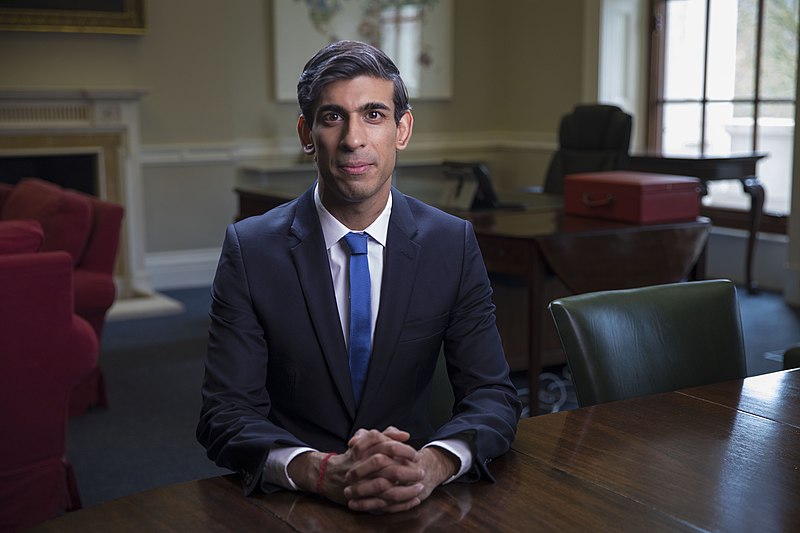
The United Kingdom will always be on the side of freedom, democracy and the rule of law.
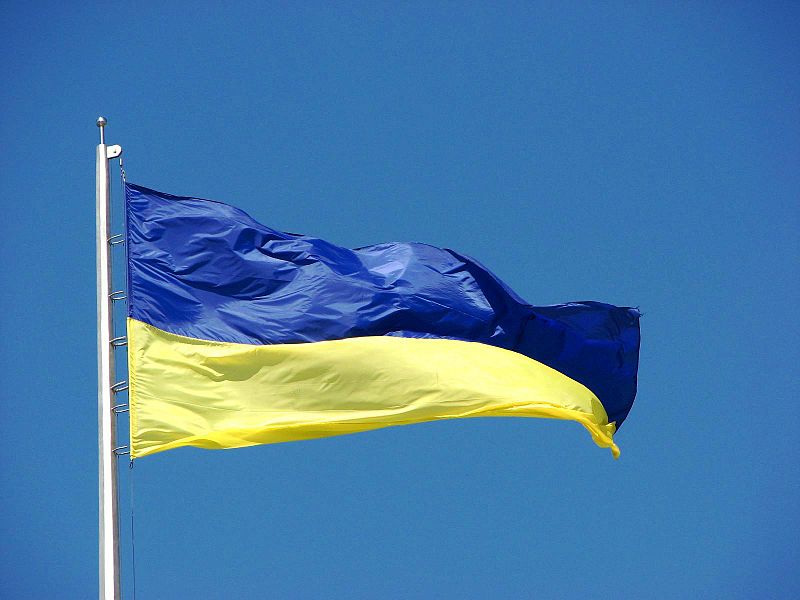
Prime Minister Rishi Sunak's remarks at the press conference in Dorset alongside Ukrainian President Volodymyr Zelensky.
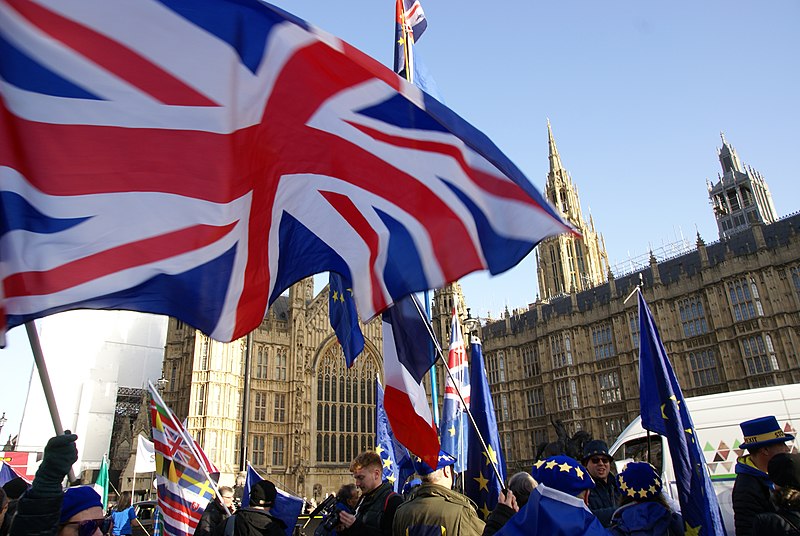
The Mayor of London, Sadiq Khan said: “Three years on from leaving the European Union, we must all now face the inescapable truth: that this unnecessarily hard-line version of Brexit is
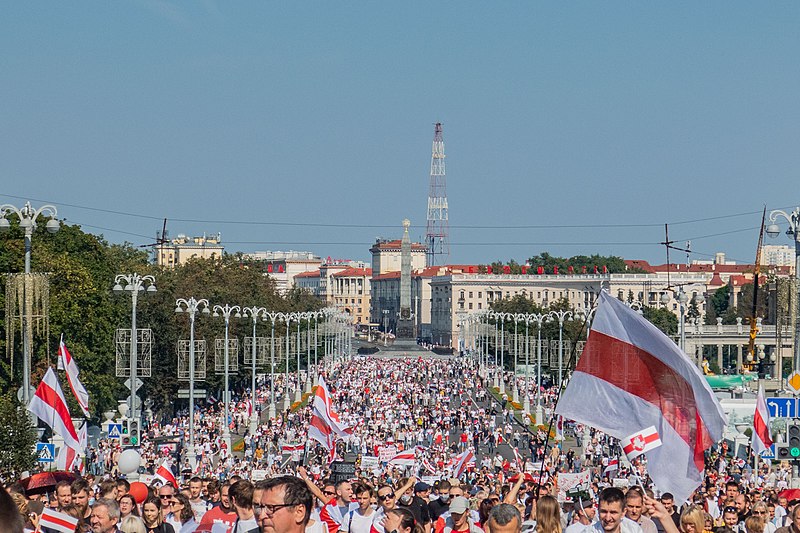
Deputy Ambassador Deirdre Brown joins others at the OSCE in calling for the immediate and unconditional release of all political prisoners in Belarus.
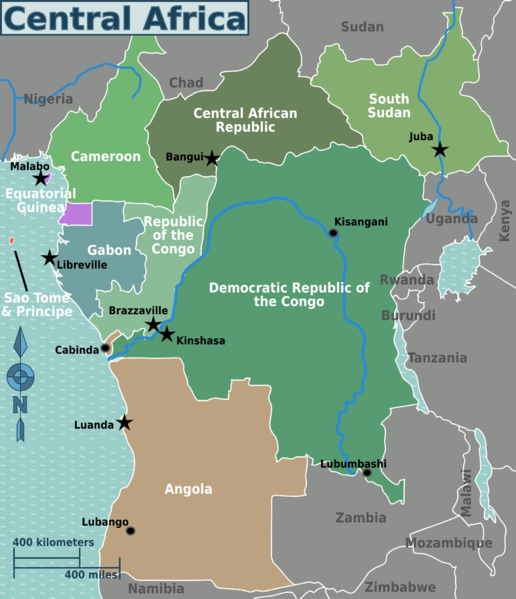
Statement by Alice Jacobs, UK Deputy Political Coordinator at the UN, at the Security Council briefing on Central Africa.
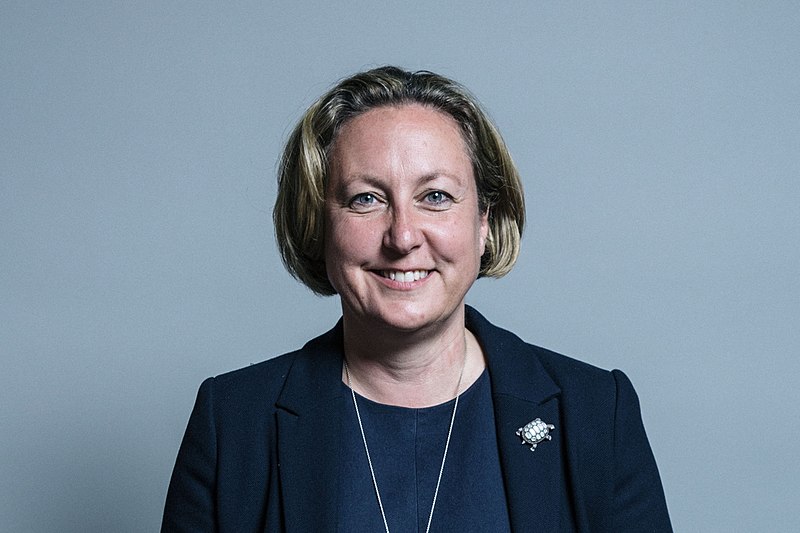
UK Minister of State for the Indo-Pacific Anne-Marie Trevelyan addressed Australia’s National Press Club to discuss the United Kingdom’s commitment to the region.
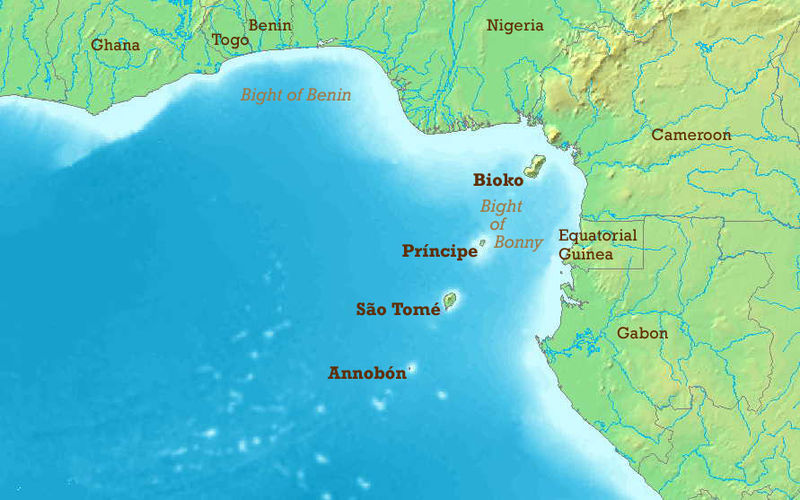
Statement by Alice Jacobs at the Security Council briefing on piracy and armed robbery in the Gulf of Guinea.
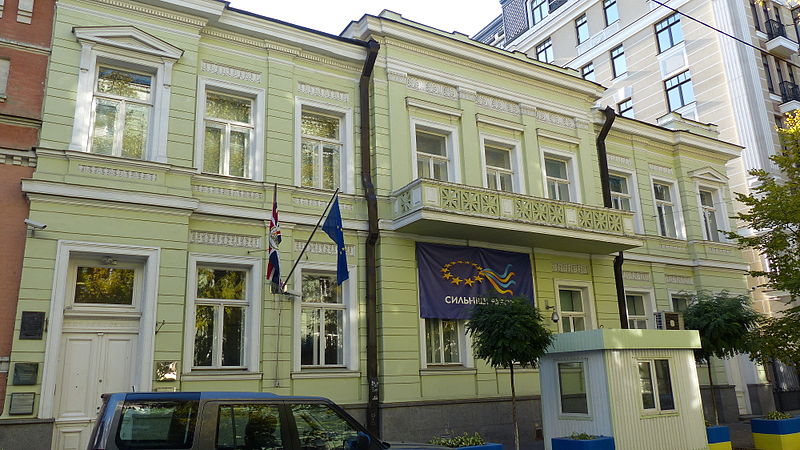
The British Embassy in Kyiv stands with embassies and delegations in Ukraine to express concern at the impact of Russia’s war on Ukraine’s children.
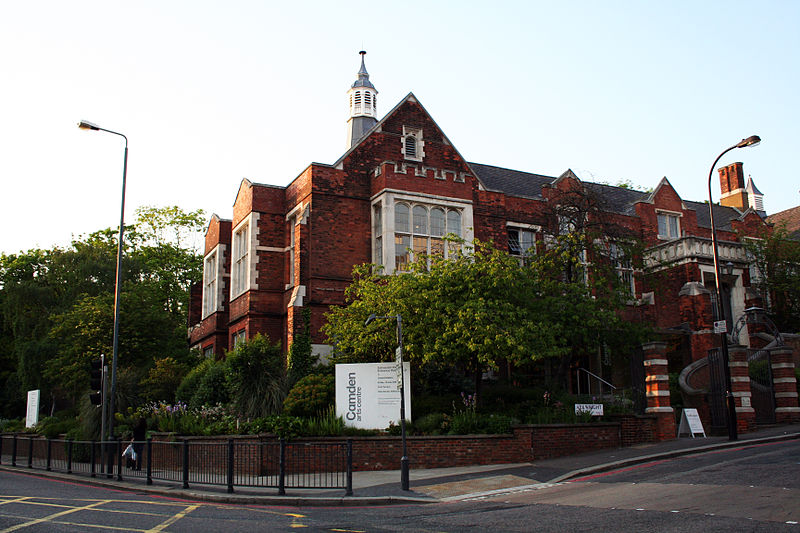
Here is a statement from the Mayor of London, Sadiq Khan, in response to the funding announced today by Arts Council England.
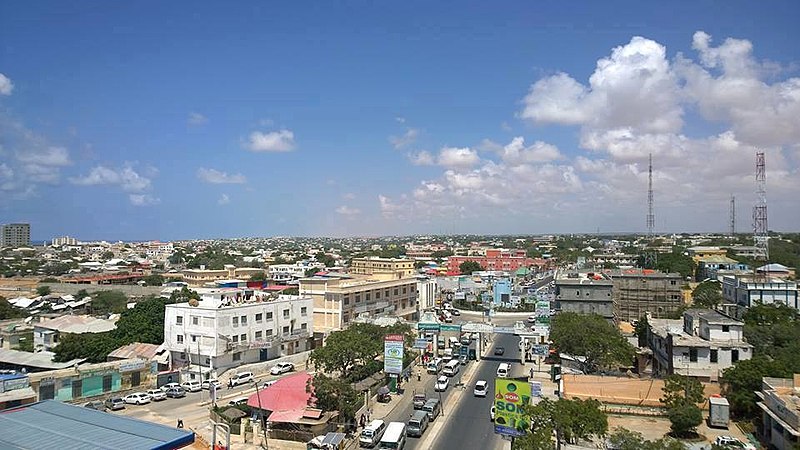
Explanation of vote by Ambassador James Kariuki at the Security Council meeting on the situation in Somalia.



















